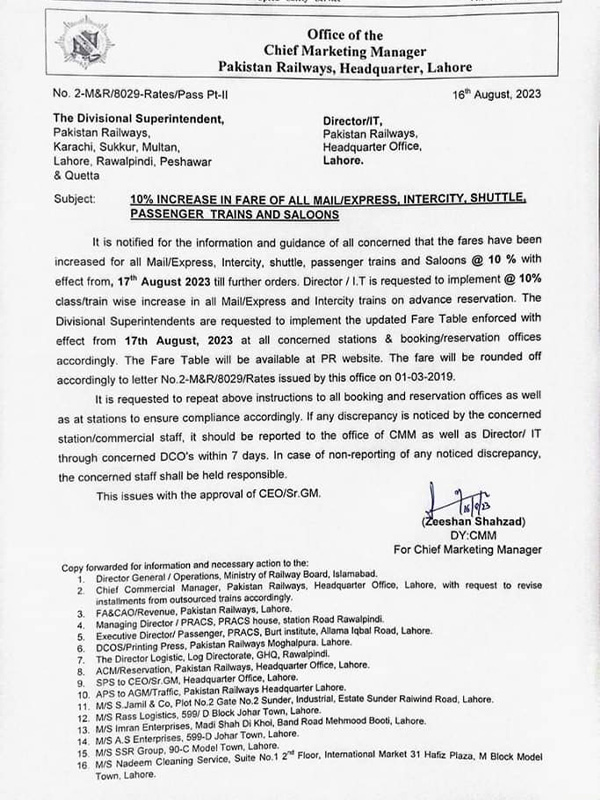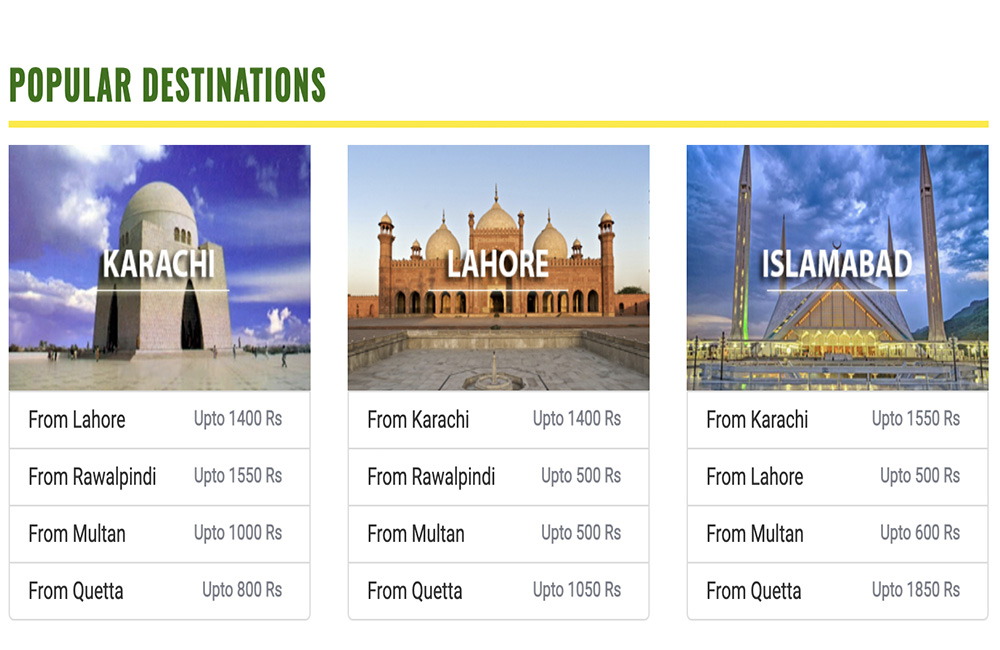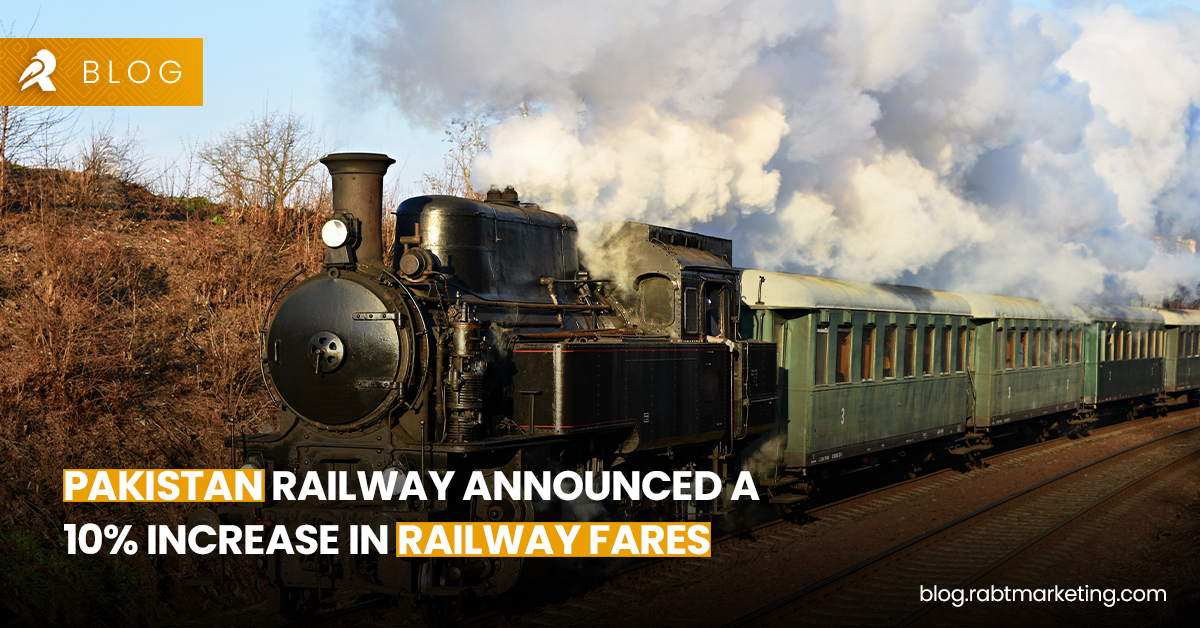Pakistan Railways has announced a further 10% increase in ticket prices for all trains and parcel rates following a significant increase in petroleum prices. This is the 3rd time Pakistan is facing an increase in railway fares within 2 months.
Pakistan Railways raised the 5%fares on September 1, 2023. After an increase in petrol prices, railways have revised their fares and announced a 10% increase in train fares, including mail/express, intercity, shuttle, passenger trains, freight, and saloons. This is the third hike in just two months. The new prices, which take effect from September 17, 2023, are due to the increase in petrol prices. The fare hike is expected to negatively impact the common man, who is already facing many financial difficulties. It is also likely to lead to a decrease in the number of passengers using the railways.

On September 15, the government announced an increase in petrol prices by Rs.26.02 per liter, while prices for high-speed diesel were increased by Rs.17.34 per liter. The latest prices for petrol and diesel are Rs. 331.38 and 329.18 respectively. This huge increase in prices is due to inflation faced by the country. This price hike has affected various transport sectors, including Pakistan railways, causing an increase in fares.
Latest Train Fares
After a 10% increase in train fares, Pakistan Railways has updated the latest prices on the official website. Here are updated prices of popular destinations, including Karachi, Lahore, and Islamabad.

For ticket prices of other prices or to book your ticket online, click here.
Impacts of Increased Railway Fares on Public
The impacts of increased railway fares on the public can significantly affect various aspects of people’s lives. These impacts can vary depending on the magnitude of the fare increase, the socioeconomic status of the affected individuals, and the availability of alternative transportation options.
The most immediate and direct impact is the increased financial burden on commuters. Higher fares can strain the budgets of regular rail users, particularly low-income individuals and families who rely on trains for their daily commute. This can lead to decreased disposable income for other essential expenses.
For many people, trains are a primary mode of transportation for work, education, and other daily activities. Increased fares can limit people’s mobility and access to opportunities, as some may be unable to afford the higher costs, leading to potential job losses or missed educational opportunities.
Higher railway fares can exacerbate economic inequality, as those with lower incomes are disproportionately affected. Affordability issues may force some individuals to seek alternative, less reliable modes of transportation or to live closer to their workplaces, potentially limiting their choices regarding employment and housing.
Railway increased fares also affect many businesses. Businesses in areas heavily reliant on rail transportation may suffer as potential customers have less disposable income due to increased fare costs. This can lead to reduced economic activity in affected regions.
Causes of Increase in Railway Fares
The increase in railway fares can be influenced by various factors, and both inflation and an increase in petrol prices can be contributing factors.
Inflation involves an increase in the price of goods and services over time, that leads to a decrease in the purchasing power of money. The inflation rate of Pakistan is increasing every year, and the latest inflation rate is 27%. The increase in inflation leads to an increase in prices of everything, including food, textiles, petrol, etc. Due to continuously increasing inflation, the government has increased the price of petrol by Rs.26.02. The rise in petrol prices has affected all the transport sectors of Pakistan, including Pakistan railways.
An increase in the price of petrol leads to higher operating costs for trains, and therefore the authorities have to increase railway fares.
Conclusion
the recent announcement of a 10% increase in railway fares by Pakistan Railways has sparked concerns and raised important questions about its impacts on the public and the underlying causes. This fare hike, coming on the heels of two previous increases within just two months, has added to the financial strain already experienced by many individuals and families.
The impacts of these fare hikes ripple through various aspects of people’s lives, particularly affecting those with lower incomes who rely on trains for daily commutes. The increased financial burden can limit mobility access to opportunities and even lead to potential job losses or missed educational prospects.

